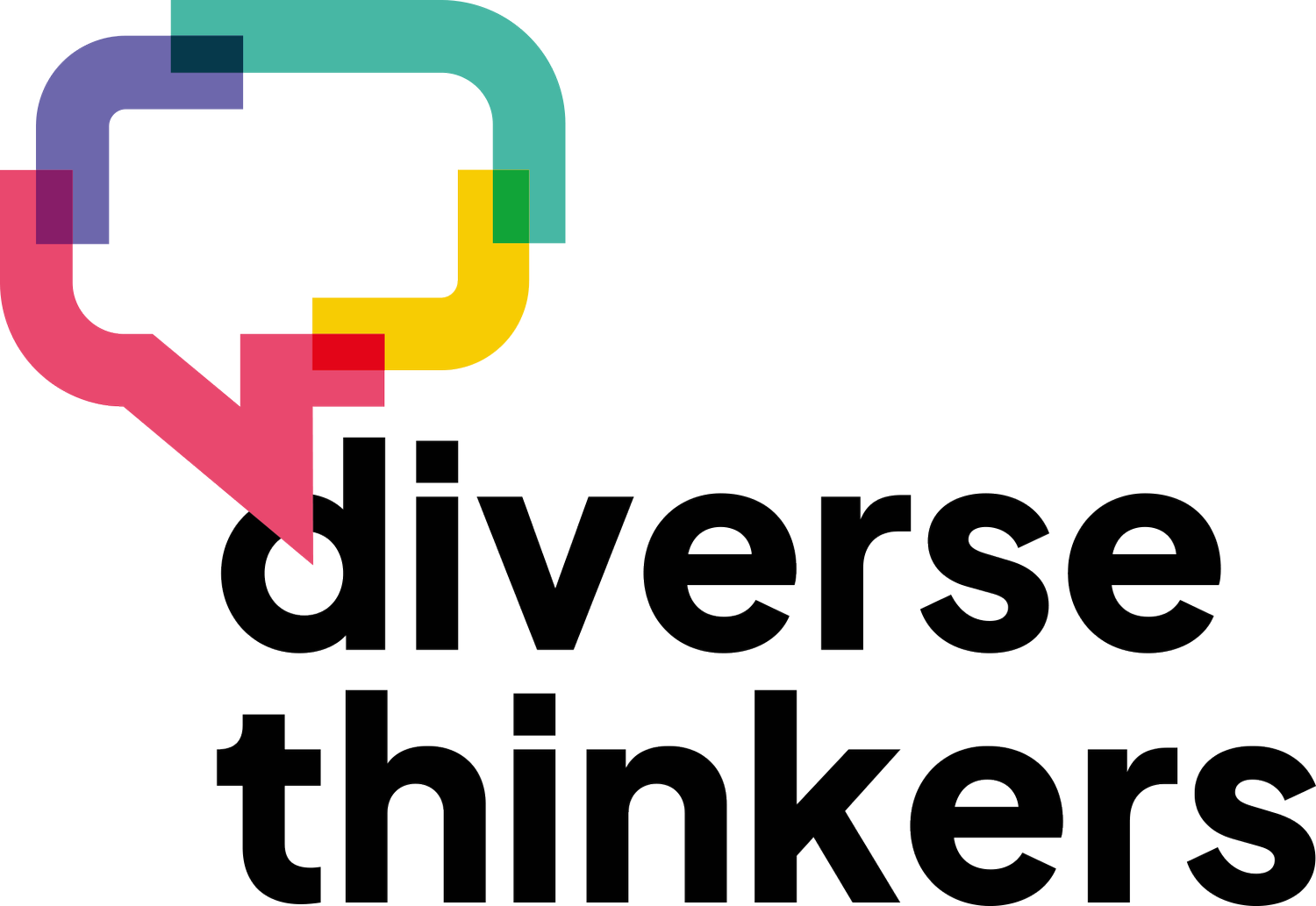Neurodiversity In The Workplace: Creating Inclusive Environments
On learning that only 29% of autistic individuals in the UK are employed, I was genuinely taken aback. It was difficult to grasp the reality that less than one third of all autistic adults hold either full or part-time jobs. As Mum to two autistic young people, it made me worry for their futures and to think more about what the problem was and what I might be able to do, however small, towards resolving it.
Having requalified as a BACP registered psychotherapist, counsellor, and coach after 25 years in the creative industries, I was in a unique position to delve deeper into the challenges faced by autistic individuals in the workplace. Over the past few years, I've not only worked closely with autistic clients and those with other neurominority conditions but also initiated my own academic research project with autistic participants. Through this dual engagement, I've gained valuable insights into the particular obstacles encountered in employment settings and explored the most effective methods of support.
Neurodiversity which covers conditions including autism, ADHD, dyslexia and dyspraxia amongst others, is worth some examination here. We can look at neurodiversity in a similar way to biodiversity and how this focuses on a preservation of all species because diversity is seen as having great benefit. The neurodiversity model sees a diversity of neurotypes as beneficial to society, so long as that society is able to recognise and nurture the strengths of neurodivergent individuals. Achieving their potential is seen positively as adjusting the fit of the environment can allow neurodivergent individuals to thrive. In this way, not making those adjustments can be seen as a factor in low employment rates amongst autistic people.
Since the worrying statistic was published in the ONS report of 2021 we can see a development of wellbeing schemes and inclusion programmes alongside increasing press and government interest. The government backed Buckland Review was published in Feb 2024 citing 19 recommendations to support autistic people into work. Recent studies have shed light on a concerning reality. Even in organisations that see themselves as prioritising neuroinclusion, basic accommodations such as access to quiet work spaces or providing detailed meeting content in advance for better preparation, are often overlooked or misunderstood.
In my own research and through working with clients I’ve seen what a huge difference such seemingly small adjustments can make. One respondent told me about a personal passport that all staff members at their place of work, whether neurodivergent or neurotypical had. This gave details about what needed to be in place for them to work at their best, making everyone feel included. Given that many clients talk about feeling that they will be a ‘burden’ if they talk about the small adjustments that might make a big difference to them, this feels like a good idea.
I've noticed a clear contrast in the support options people feel they can access, especially seeing that bigger companies tend to offer things like employee assistance programmes and access to counselling. Smaller companies may wish to provide this type of support but lack the financial means to do so. This is unfortunate because this kind of support is genuinely effective in keeping people employed as they go through difficult times.
The government’s Access to Work programme and commitment to it as set out in the Buckland review is something that many of my clients have found useful, and which can provide them with a grant to pay for coaching and counselling to support them in their role. Being able to access a neurodiversity informed approach to counselling and coaching has empowered them with an ability to advocate for themselves and not only to understand what adjustments might work for them, but to have the confidence to ask for these.
It would seem that adopting a passport system, as in my research participant’s company, does foster a culture of inclusivity and support. Without an environment where employees feel confident to talk about what they need, they may miss out. By ensuring straightforward access to necessary accommodations and resources, we can alleviate the burden on neurodivergent individuals to constantly advocate for their workplace needs. Moving forward, prioritising empathy and proactive support mechanisms will not only enhance workplace environments but also empower every member of our diverse workforce to thrive.
Please get in touch if you’re interested in more information, including how I can work with you and my approach to counselling and coaching with neurodivergent and neurotypical clients.
Some further reading that has shaped this blog and my research:
Buckland, R. (2024). The Buckland Review of Autism Employment: Report and recommendations. Department for Work and Pensions. https://www.gov.uk/government/publications/the-buckland-review-of-autism-employment-report-and-recommendations/the-buckland-review-of-autism-employment-report-and-recommendations
Doyle, N. (2020). Neurodiversity at work: A biopsychosocial model and the impact on working adults. British Medical Bulletin. https://doi.org/10.1093/bmb/ldaa021
McDowall, A., Doyle, N., & Kiseleva, M. (2023). Neurodiversity at Work 2023 Demand, Supply and a Gap Analysis. Birkbeck University of London. https://eprints.bbk.ac.uk/id/eprint/50834/
Outcomes for disabled people in the uk. (2021). Office for National Statistics. https://www.ons.gov.uk/peoplepopulationandcommunity/healthandsocialcare/disability/articles/outcomesfordisabledpeopleintheuk/2021
Understanding the experience of neurodivergent employees in the investment and savings industry. (2022). The Diversity Project. https://diversityproject.com/wp-content/uploads/2022/10/Neurodiversity-Oct-2022-2.0.pdf



